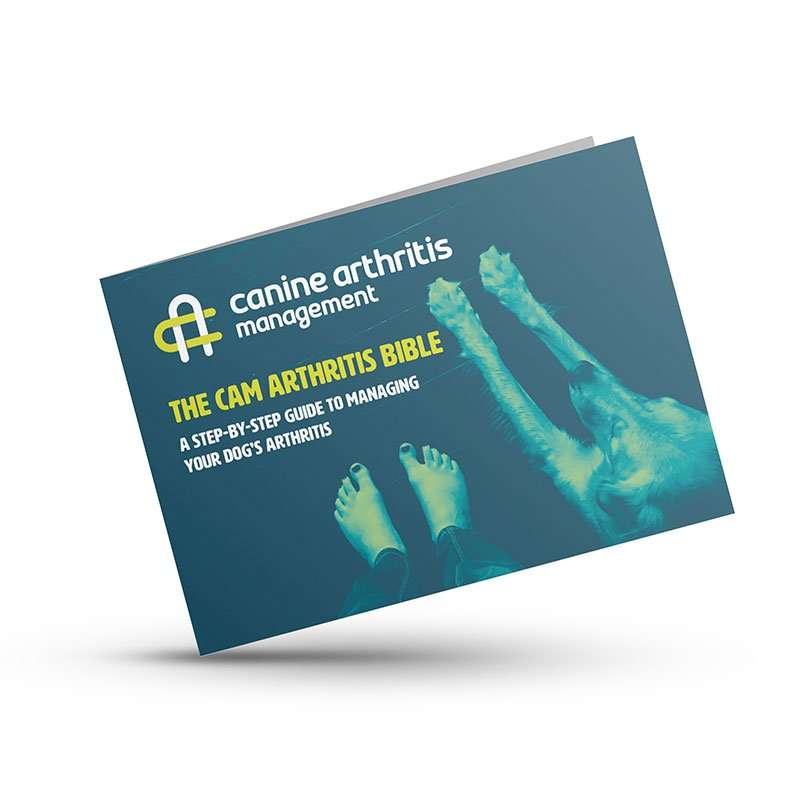arthritis is a disease of the young dog
It is well known that the leading cause of osteoarthritis in dogs is developmental joint disease, such as hip dysplasia, elbow developmental disease, patellar luxation and osteochondrosis, which develop as the dog’s body grows into their adult structure. These conditions cause joint incongruity (which means the bones that come together to form a joint are not a perfect fit) or create unstable joints that move inappropriately. This results in focal areas of the joint surface being “overloaded” which leads to damage and inflammation. As soon as there is damage and inflammation the joint is osteoarthritic, which may happen as early as a few months of age.
Unfortunately, we associate arthritis with older generations in all species, partly due to us humans commonly suffering the disease later in life. The leading cause of arthritis in humans is age related wear and tear of joints. This means that we fail to acknowledge it in the young causing us to overlook it as a possibility and leading us to misdiagnosing the early signs of joint related pain.
A relevant example would be a Labrador that is finally diagnosed with elbow developmental disease related arthritis at the age of 8 years old, who may have shown intermittent lameness and behavioural issues, such as dog to dog aggression, or appearing to be difficult to train, when they were 1-2 years old.
Recent pivotal work from NC State University has put the spotlight on arthritis being a young dog disease. 40% of 123 “clinically healthy” dogs between 8 months and 4 years old were found to have radiographic evidence of arthritis in at least one joint, and 24% of them had pain associated with the arthritic joint.
Of equal concern was that in 57% of the dogs with pain related to an arthritic joint, the owner was aware something was not right, but only 13% of these dogs were receiving any form of pain and arthritis management.
Arthritis is also a young dog disease which is not being detected till later in life when the disease is more progressed and potentially harder to manage. Through identifying the signs earlier, getting an accurate diagnosis and proactively managing it throughout life you will get #YourDogMoreYears.
If you are concerned your dog may have arthritis please speak with your vet.
further information from cam
Click here to watch CAM’s interview with professor Duncan Lascelles about canine arthritis myths.
Click here to download a pdf from with further information from the recent work from NC State University study.
YOUNG DOG
JOINT CARE COURSE
Give your young dog the best start in life for a healthy future.


